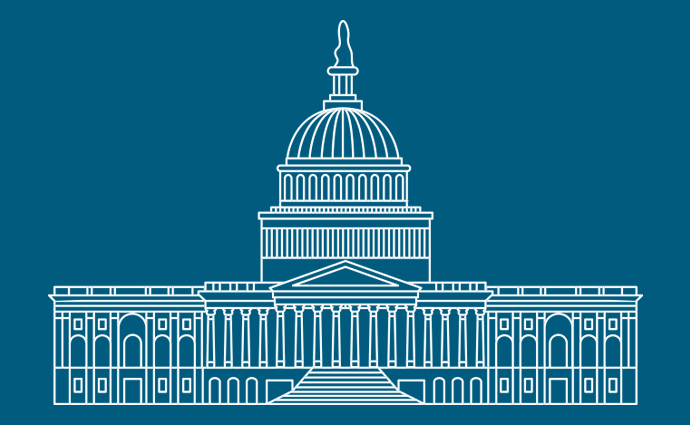Federal Tax Bill, Individual Mandate Repeal Passes House and Senate
A federal tax policy that repeals the ACA’s individual mandate passed the House and the Senate in an early morning vote.

Source: Thinkstock
- GOP lawmakers in both the House and Senate passed a federal tax bill that includes a repeal of the ACA’s individual mandate to purchase health insurance. The bill now heads back to the House for a procedural vote and afterwards to the desk of President Trump.
Not a single Democrat voted for the measure, but the GOP lawmakers were able to leverage their majority in both chambers to push the bill through via a House vote of 227-203 and a Senate vote of 51-48. Two members of the House and one Senator did not vote on the measure.
Earlier in December, the Senate passed a similar bill in an nearly identical 51-49 vote that launched a reconciliation process between the House and Senate to propose a final tax policy. The reconciliation process added the mandate repeal that wasn’t in a previous House version of the bill.
The American Academy of Actuaries have expressed concern with the newly passed legislation because of expected payer losses in the individual market.
Specifically, leaders at the Academy believe a repeal of the individual mandate would destabilize risk pools and cause a spike in individual health plan premiums because healthier, lower-cost individuals would be less inclined enroll in health plans.
“The [individual] mandate helps encourage the young and healthy, as well as the old and sick, to obtain coverage, thus achieving the balanced risk pool required to keep premiums affordable and stable,” the Academy said.
The Congressional Budget Office (CBO) previously stated similar findings in an analysis of the Senate’s bill, and suggested that healthier individuals that would be less inclined to purchase health insurance without the mandate in effect.
“Those effects would occur mainly because healthier people would be less likely to obtain insurance and because, especially in the nongroup market, the resulting increases in premiums would cause more people to not purchase insurance,” CBO said.
CBO and the Joint Tax Committee have estimated that a repeal of the mandate could increase the number of uninsured individuals by 13 million from 2018 to 2027 and decrease the federal deficit by $338 billion dollars. The organizations determined that repealing the individual mandate would lower federal deficits, but possibly at the expense of health insurance enrollment.
“Despite the uncertainty, some effects of this policy are clear: For instance, the federal deficit would be many billions of dollars lower than under current law, and the number of uninsured people would be millions higher,” CBO and JCT said.
Payers in the individual market may expect volatile changes in pricing as soon as January 1st, 2018.
